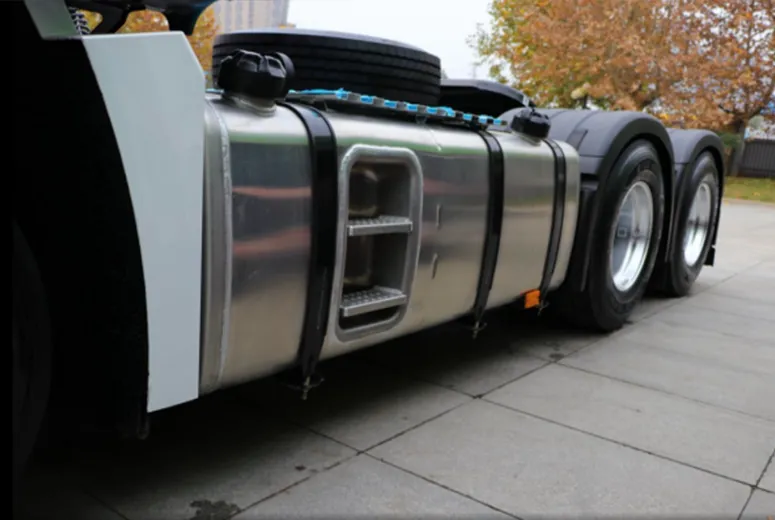commercial pickup truck
The Evolution of Commercial Pickup Trucks
The commercial pickup truck embodies a unique blend of functionality, durability, and versatility that has made it an indispensable tool for businesses across various industries. From construction to agriculture and beyond, pickup trucks have revolutionized how companies operate, offering a reliable means of transporting goods, equipment, and personnel.
A Brief History
The origins of the pickup truck can be traced back to the early 20th century when manufacturers began adapting passenger vehicles to meet the needs of farmers and tradespeople. In 1925, Ford introduced the Model T pickup, which marked a significant turning point in vehicle design. This innovation allowed for a larger payload capacity while maintaining passenger comfort, laying the groundwork for modern pickups as we know them today.
As time progressed, pickup trucks gained popularity not only for work-related tasks but also as personal vehicles. The demand for rugged, reliable trucks led automakers to invest in more robust designs, improving towing capacities and payload features. By the 1970s, a cultural shift saw trucks becoming more than just tools; they emerged as symbols of rugged individualism and adventure.
Versatility at Its Core
What truly sets commercial pickup trucks apart is their versatility. Unlike standard vehicles, they offer multiple configurations—different cab sizes, bed lengths, and engine options. This flexibility allows businesses to choose a truck that meets their specific needs. For instance, a construction company may prefer a heavy-duty model with a larger bed for transporting tools and materials, while a landscaping business might favor a more compact truck for maneuverability.
Furthermore, advancements in technology have equipped modern pickups with features that enhance their usability. Many commercial trucks now come with integrated towing packages, advanced navigation systems, and cargo management solutions, making them indispensable for efficient operations. Fleet management systems are also becoming standard, allowing businesses to keep track of vehicle usage, maintenance schedules, and fuel consumption—tools that can significantly cut costs.
commercial pickup truck

Fuel Efficiency and Sustainability
As environmental concerns take center stage, the automotive industry, including commercial pickup manufacturers, is responding with innovative solutions. The rise of fuel-efficient engines, hybrid, and electric models offers businesses an opportunity to reduce their carbon footprint. Trucks like the Ford F-150 Lightning and the GMC Hummer EV have demonstrated that power and sustainability can coexist. These electric pickups provide businesses not only with lower operating costs due to reduced fuel consumption but also with government incentives and tax breaks for investing in green technology.
Safety and Comfort
Historically, comfort was not a primary focus for commercial trucks, which were often seen strictly as workhorses. However, recent models have shifted this perception significantly. Today's commercial pickup trucks come equipped with advanced safety features—such as adaptive cruise control, lane-keeping assist, and rear-view cameras—that enhance the driving experience and protect drivers on the job. The improvement in interiors, with higher-quality materials and technology integration, speaks to a broader understanding of the importance of comfort in work vehicles.
The Future of Commercial Pickup Trucks
Looking ahead, the future of commercial pickup trucks seems promising. As technology continues to develop, we can expect further advancements in automation and connectivity. The possibility of autonomous driving could change the landscape of commercial trucking, allowing companies to streamline operations and reduce labor costs. Additionally, the emphasis on sustainability is predicted to escalate, with manufacturers investing heavily in alternative fuel technologies and materials that minimize environmental impact.
In conclusion, commercial pickup trucks have proven to be more than just vehicles; they are vital components in the operational strategy of businesses around the world. Their evolution over the decades—from simple work tools to sophisticated, multi-functional machines—reflects a growing understanding of their importance in a fast-paced, efficiency-driven society. As we look towards the future, it is clear that the commercial pickup truck will continue to adapt, innovating alongside the industries that depend on them while addressing the challenges posed by modern society.
-
SINOTRUK HOWO 84 Electric Dump Truck for Eco-Friendly Heavy HaulingNewsJul.26,2025
-
The Fast 16-Gear Manual Transmission Assembly for Heavy TrucksNewsJul.25,2025
-
Mercedes Benz Actros 1848 42 Tractor Truck for Sale - Reliable PerformanceNewsJul.24,2025
-
High-Quality Water Pump Assembly for Sinotruk Trucks – Durable & ReliableNewsJul.23,2025
-
Premium Truck Engine Antifreeze Coolant Fluid for Heavy Duty VehiclesNewsJul.22,2025
-
FOTON View G7 Mini Bus: Affordable & Spacious TransportNewsJul.22,2025
Popular products

























